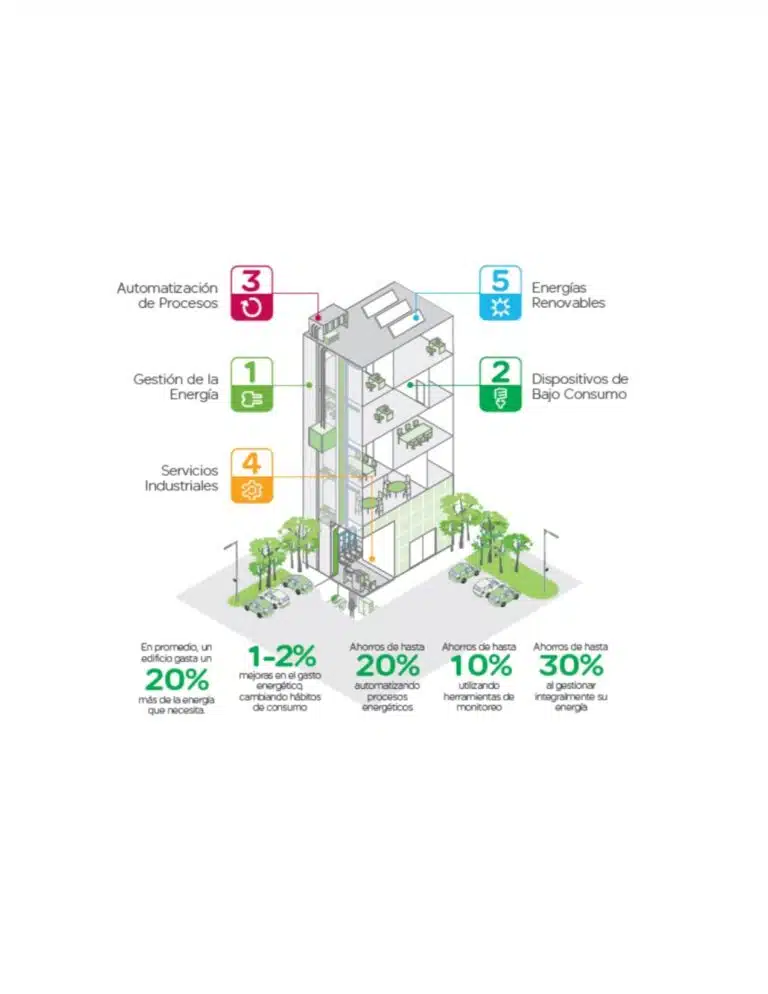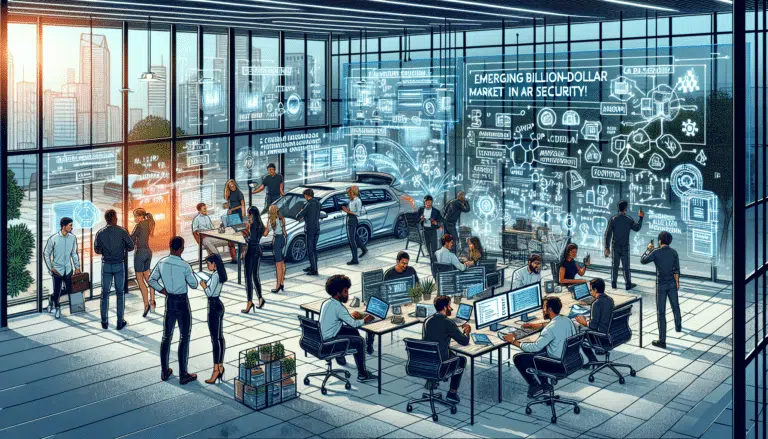Exclusions in Stellantis compensation: which drivers are excluded due to PureTech engine issues
The problems with the PureTech engine have generated great discontent among drivers of Peugeot, Citroën, and Opel. Although Stellantis has implemented a compensation platform, many restrictions have led to a significant number of those affected being excluded from any financial repair. This article explores the most notable exclusions in Stellantis’s compensation process and the consequences for drivers of vehicles with issues in the PureTech engines.
Temporary Restrictions
One of the biggest challenges for drivers facing issues with the PureTech engine is the temporary limitation imposed by Stellantis. Only incidents that occurred between January 1, 2022, and March 18, 2024, are covered. This excludes all those who experienced breakdowns before 2022 or those whose problems arise after the stipulated final date, leaving many without any possibility of compensation.
Maintenance Conditions
The conditions to qualify for compensation are strict when it comes to vehicle maintenance. Cars must have complied with the manufacturer’s recommended inspections. This includes that the inspections must have been carried out by a professional workshop, whether official or independent, with a tolerance of 3 months or 3,000 kilometers of delay. Additionally, repairs and diagnostics must have been performed at an official workshop of the group.
Affected Engines
Not all PureTech engines are eligible for compensation. The PureTech 1.0 and 1.2 atmospheric engines produced between June 2012 and June 2022, as well as the turbocharged engines produced between April 2014 and July 2018, are the only ones considered for reimbursement. However, the 1.2 PureTech atmospheric engine has been excluded from the indemnification program, leaving its owners without compensation for excessive oil consumption issues.
Non-Cubic Issues Due to Warranty Extension
Stellantis has provided a warranty extension for certain generations of the PureTech engine, covering 100% of repair costs for 10 years or 175,000 kilometers. However, cars from the 2023 model year are not included, as since July 2022, PureTech engines have incorporated a new belt free from previous defects.
Disappointing Compensation Conditions
The compensation platform introduced by Stellantis has been described by AFESTEL as a “trap solution,” as acceptance of the conditions implies a waiver of future claims, eliminating the possibility of receiving compensation for vehicle depreciation or for any other inconvenience suffered, such as being without a car for long periods.
The Reaction of Associations
The affected associations, including the Spanish AFESTEL, have expressed their dissatisfaction with Stellantis’s initiative. They accuse the group of setting strictly commercial conditions with the primary goal of diverting attention and reducing the number of ongoing class actions both in Spain and other European countries.
In neighboring France, in addition to the lawsuits regarding PureTech engines, Stellantis faces lawsuits related to defective Takata airbags.
If you are interested in learning how to keep your vehicle protected and avoid future problems, we recommend checking out these articles on auto insurance:
- How to avoid common mistakes when choosing auto insurance
- Discover the best motorcycle insurance for 2024
- The secrets of auto insurance in Mexico
- Yamaha: 5 years of peace of mind for its motorcycle and scooter models
Exclusions in Stellantis’s Compensation for PureTech Engines
The landscape for drivers affected by the problems of the PureTech engine is complex and presents various exclusions that limit access to compensations offered by Stellantis. The claims assessment platform, despite being an attempt to alleviate growing discontent, has restrictive criteria that leave many affected people out.
First, the temporary restrictions play a crucial role. Indemnities are only available for incidents that occurred between January 1, 2022, and March 18, 2024. This limitation leaves without compensation the owners whose vehicles presented failures before 2022, a situation that, for some, is especially unfair given that issues with these engines date back to previous years.
Furthermore, vehicles must meet the condition of being under an extended warranty, which requires that adequate maintenance has been performed in accordance with the manufacturer’s recommendations. For many, this is a significant barrier, as not all owners have been able to maintain an accurate record of the maintenance performed, especially if it was done in independent workshops.
On the other hand, the exclusion of certain engine models, such as the 1.2 PureTech atmospheric engine, from possible compensation is noteworthy, leaving some owners without any form of financial repair. Additionally, newer vehicles, those from the 2023 model year, with engines that have an improved belt and no previous problems, are not covered by the proposed compensation.
Finally, the process for claiming is exclusively online and, according to reports from associations such as AFESTEL, presents many inconveniences that hinder access for those affected. Moreover, the mandatory waiver of future claims in exchange for the compensation proposed by Stellantis has generated criticism for being considered a maneuver to divert attention from ongoing class actions. These exclusions and conditions not only limit access to compensations but also amplify frustration among affected owners seeking justice and a fair resolution to their problems.




